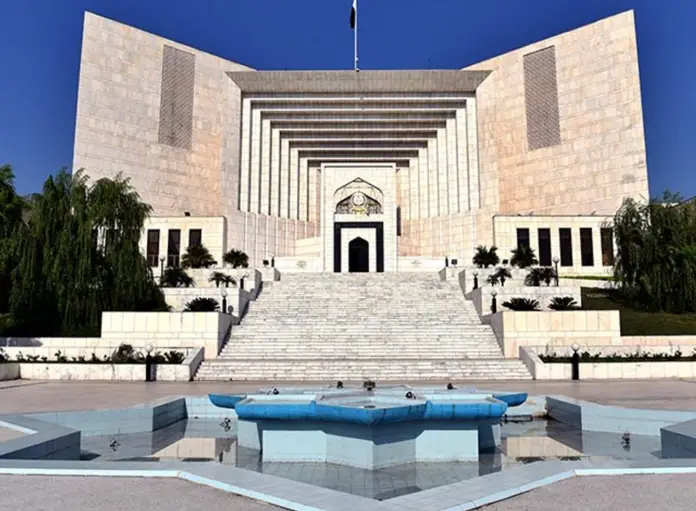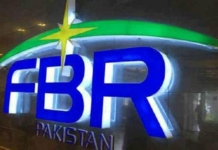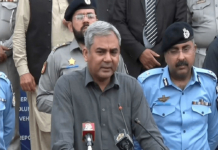The Supreme Court has urged Pakistan Tehreek-e-Insaf (PTI) to return to the National Assembly to craft an effective accountability law or present a bill for adjustments to it to reconcile disagreements over changes made to the National Accountability Bureau (NAB) rules.
The top court discussed the potential for the PTI to return to the lower house of parliament after media reports stated that the party has hinted at joining the NA and how the return of the party could be beneficial in the situation.
The National Accountability (Second Amendment) Act 2022 was passed by the PDM administration after taking office in April of last year. PTI harshly criticized the action, calling the measure an effort to make NAB an ineffective organization.
PTI Chairman Imran Khan contested the NAB ordinance’s changes, claiming in a petition that they will “essentially eliminate any white-collar crime committed by a public office bearer.”
The plea was heard on Tuesday by a three-judge panel that included Chief Justice (CJ) Umar Ata Bandial, Justice Ahsan, and Justice Mansoor Ali Shah.
The chief justice opened the hearing by citing media reports about the PTI’s potential return to parliament and inquiring as to whether the government would like to meet with the PTI to discuss the important matters if the former ruling party entered parliament.
The top court has always wanted this issue to be settled in parliament, so the chief justice questioned the government’s attorney about whether his client would be open to the possibility of the legislation being returned to parliament.
The federal government’s attorney Makhdom Ali Khan retorted that he was not free to remark on that without first getting permission from the government but he went on to say that everything was spelled out in the parliamentary system, which allowed the PTI to introduce a bill for changes to NAB legislation after entering the house.
According to CJP Bandial, the court aimed to wrap up the NAB Amendment issue quickly because it would ultimately affect how the country’s accountability laws were carried out.
The judge then postponed the case’s next hearing until January 18 (today).







